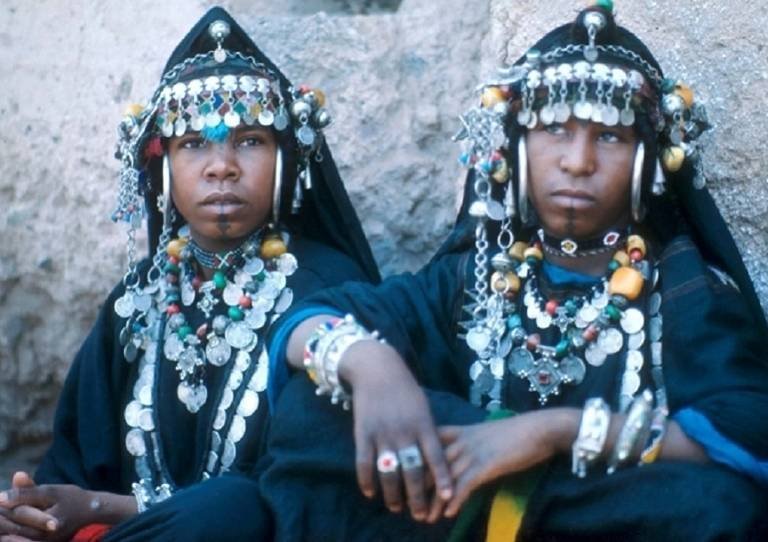Morocco is a country bound by religious and cultural principles such as Hshuma, the concept of bringing shame upon oneself in situations that are deemed socially wrong and culturally inexcusable.
Although, Haram, which is doing things that Allah forbids, is deemed more grave as it can lead to eternal damnation, Hshuma is having to face the community with your ‘sins’ and dealing with them through a social and cultural looking glass.
The idea of Hshuma is best described as the deliberate feeling of guilt imposed by the society which results from doing something perceived as wrong.
Bringing shame on oneself does not only affect the person in question or damage their street credibility alone. It actually affects that of their entire family to the extent that some are excommunicated from their communities.
They then have to go to extreme lengths like making big charitable donations or religious reverence, and being overly nice to everyone to regain favor in the eyes of their community. Some do not get to ever reintegrate with their people.
Having a good name or honor is very important in Moroccan culture, and everyone tries not to lose face in the eyes of the people because one’s life can come to a stand still if branded with Hshuma.
For instance, it will be hard to get a decent meal in a restaurant, because you will not be served. You may be denied that job opportunity or even public transport services will refuse to pick you up as a passenger; you eventually become a shadow of yourself as everyone will pretend you do not exist.
Every society has some unspoken laid down principles as de facto that everyone is bound by and are culturally acceptable. However, going contrary to them may not bring as many repercussions as it is in Morocco, because committing such shameful acts ostracize you from society.
In Morocco, which is a shame-based society to an extent, the spectrum for Hshuma ranges from being disrespectful to the elderly to gossiping about someone, showing public display of anger, smoking in public, to having children out of wedlock.
As a patriarchal society, women being in high positions at work is even sometimes considered shameful. Married women must not travel alone, as well as it brings shame to their husbands.
There are some acts of Hshuma that do not bring grave consequences on the offender, such as stepping on the carpet of your host with your shoes or publicly blowing your nose in public.
In sequel, the perfect understanding of how Hshuma works guarantees safer and positive socialization among Moroccans, as this is an indicator of respect, and helps form constructive verbal and nonverbal communication skills to effectively integrate with society and their culture. This inadvertently helps to build a person’s honor and dignity which Moroccans truly cherish.

